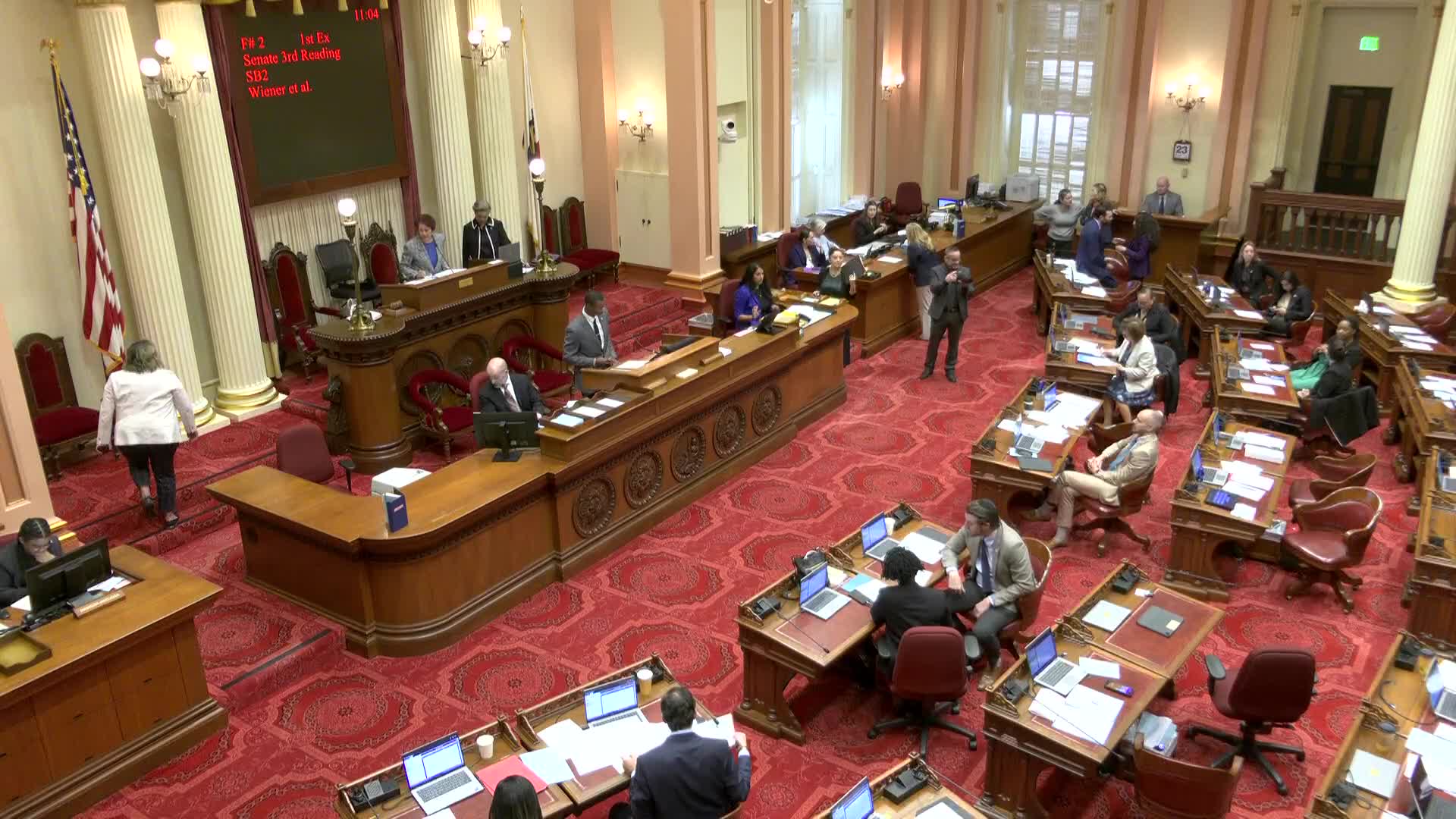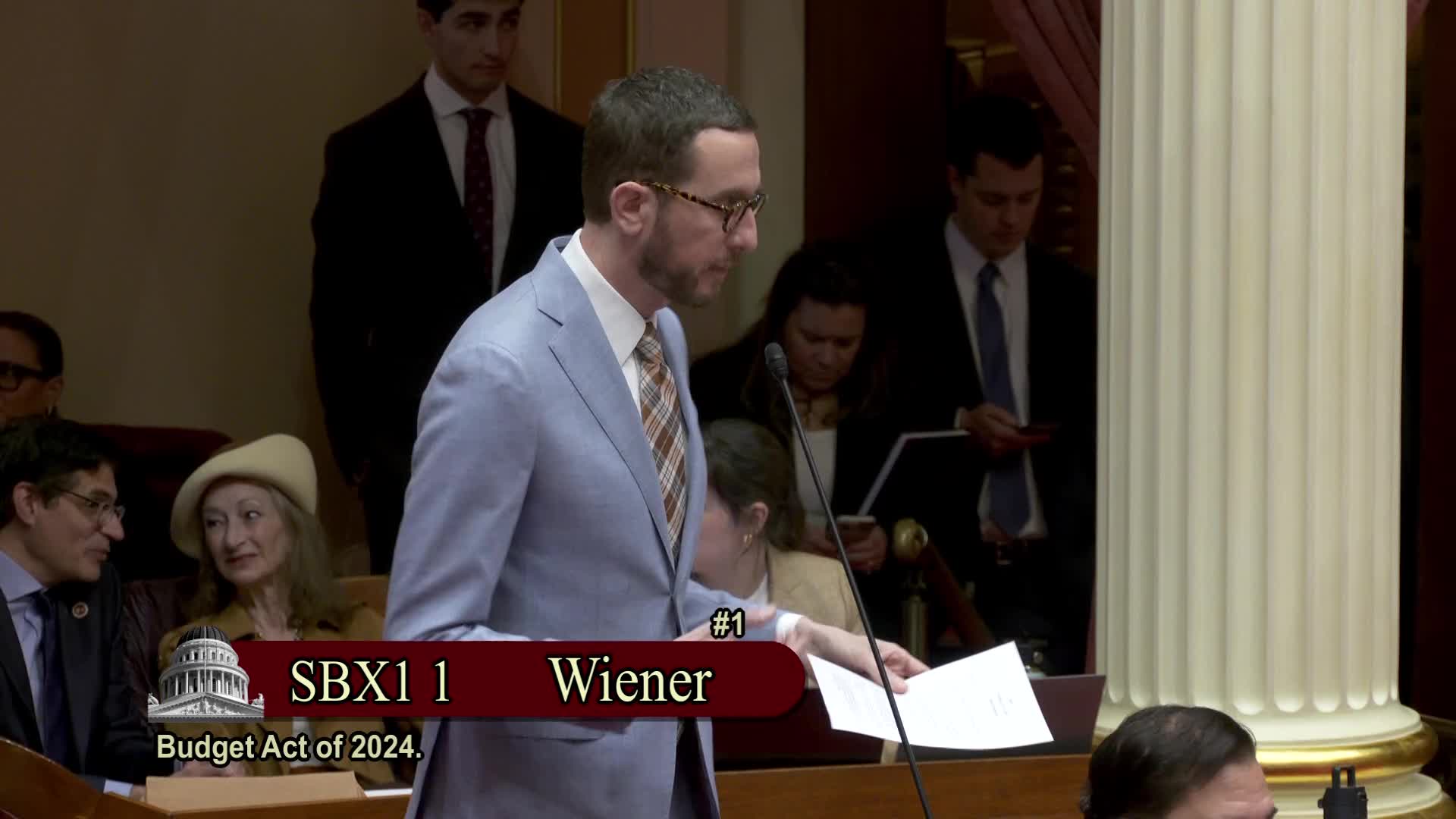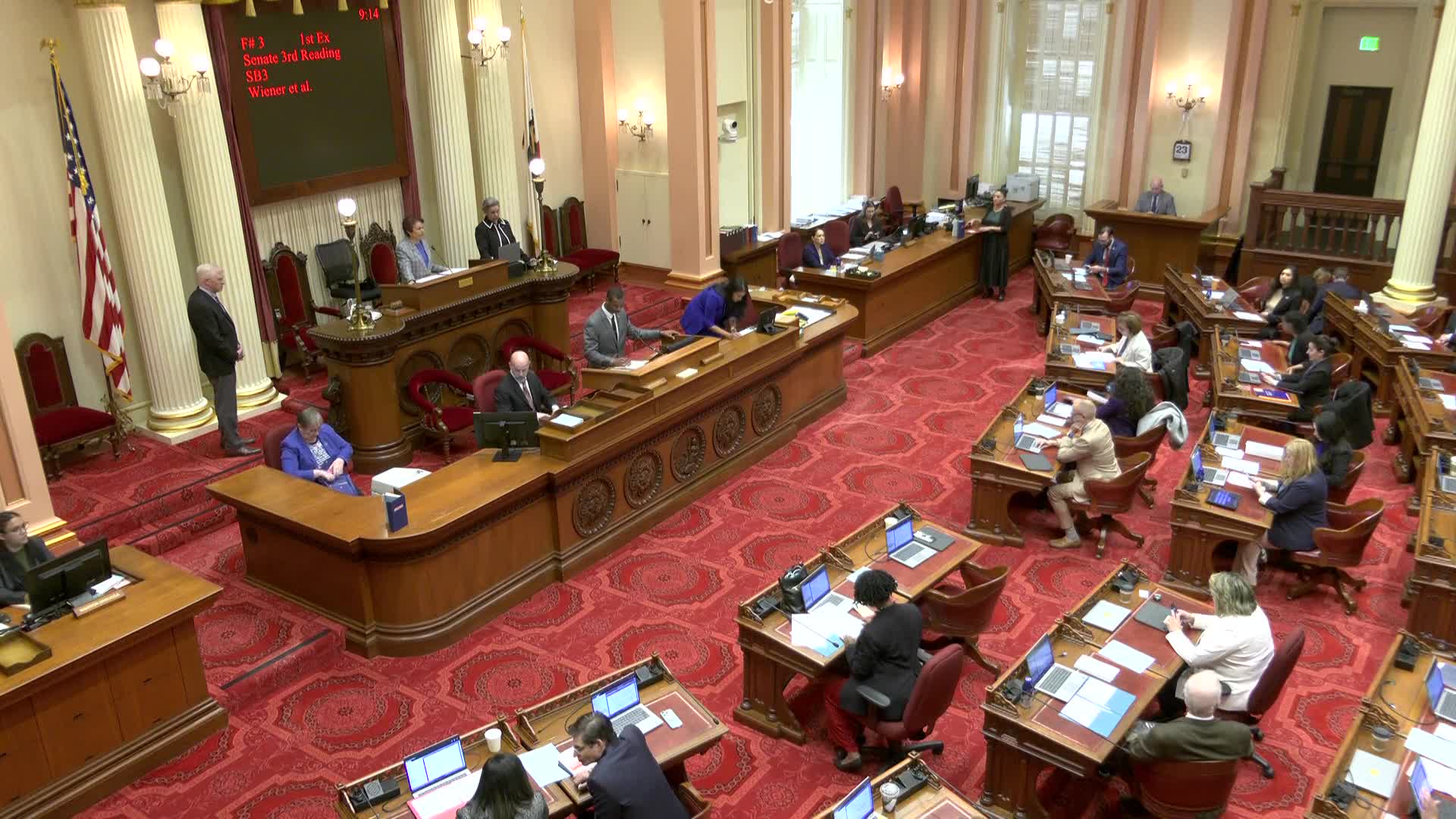Article not found
This article is no longer available. But don't worry—we've gathered other articles that discuss the same topic.

Senate backs $25 million in legal aid, immigration services to protect Californians from federal enforcement actions

Senate allocates $25 million to state DOJ to defend California policies against federal actions

